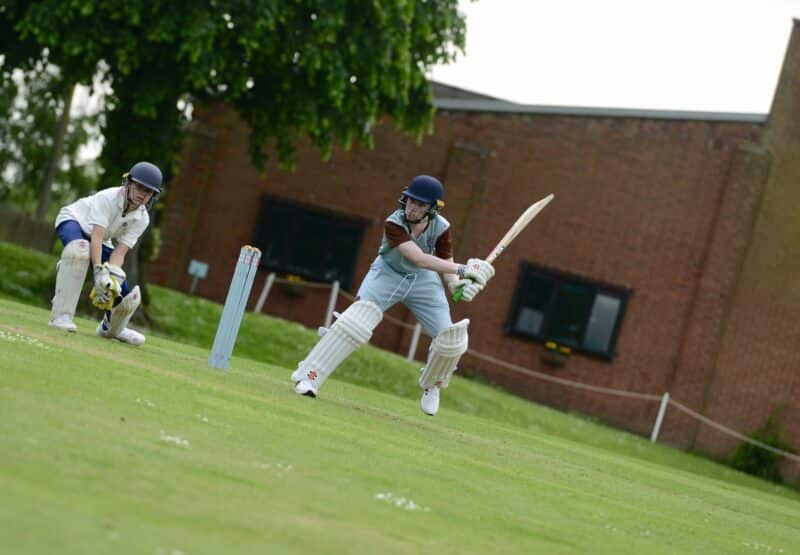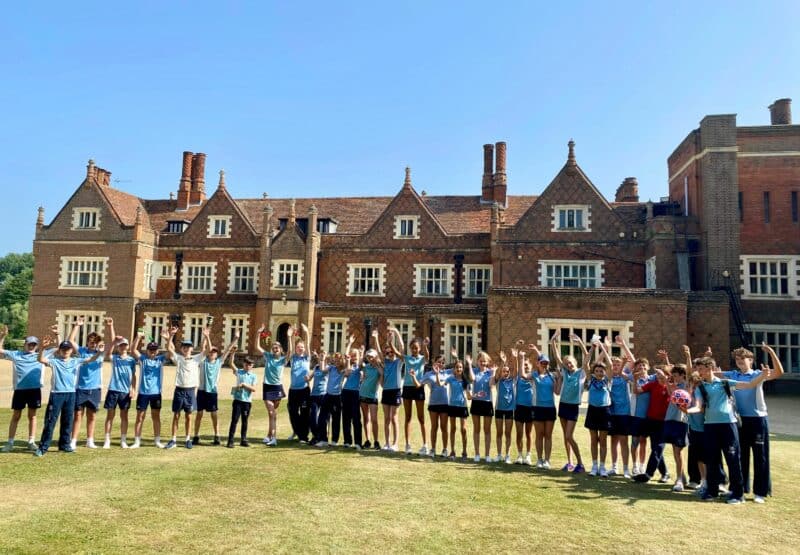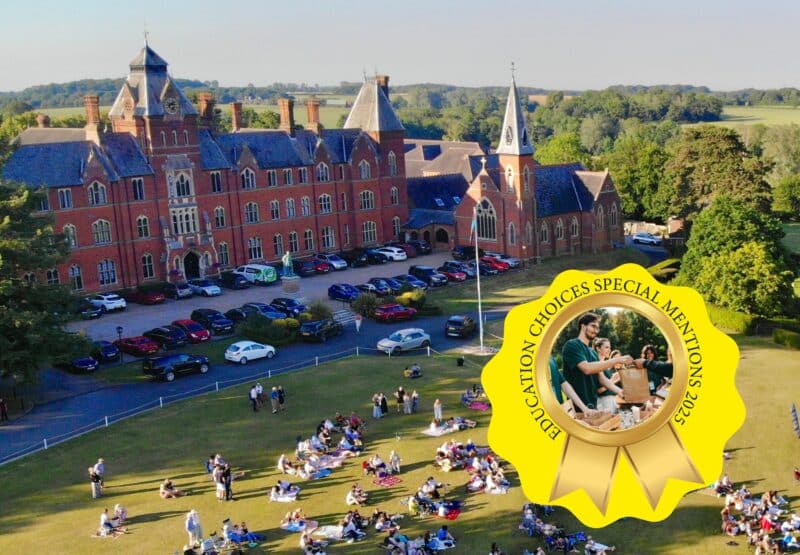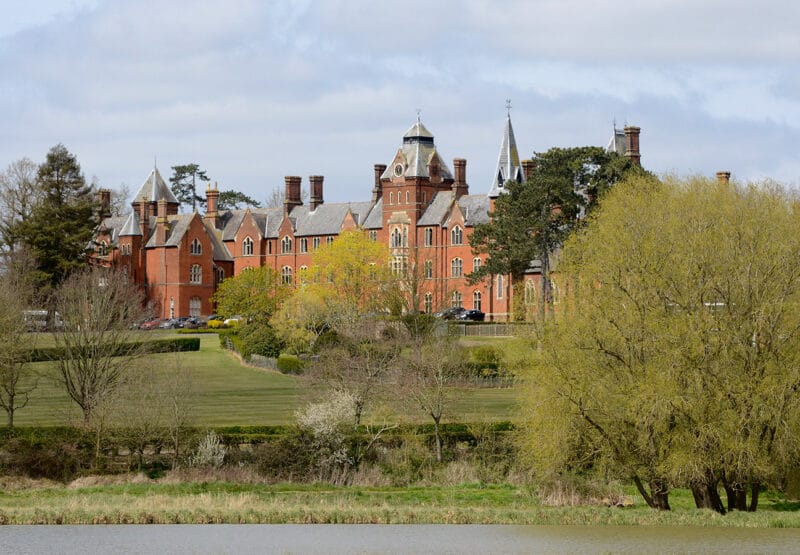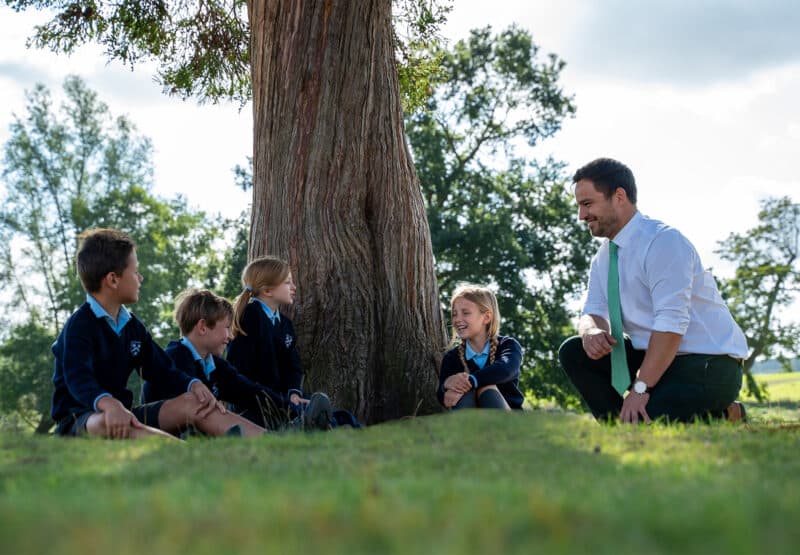
By: Louise North, Principal
What do Diversity, Language, Unity, Winning & Losing and Music have in common?
The Eurovision Song Contest. That is what these things have in common. Eurovision is a moment every year (except last year) when millions of people – 7.4 million viewers in the UK alone – unite to watch this festival of eccentric costumes, exaggerated dance moves, extraordinary lyrics, indoor fireworks, and a scoring system which, until very recently, had the now famous expression “Nuls Points” for those countries whose songs had not received any points.
Last Saturday night was not only a wonderful night because I attended the Moreau dinner – thank you girls – but also because afterwards I enjoyed the last two hours of the Eurovision Song Contest. A time when countries across the globe are united in a joyous and celebratory evening of music.
It may well be that the music is not always to my taste but the joy and happiness that seem to invade the “green room” where all the artists gather to hear the scores, is infectious. Together they celebrate and commiserate their own and others’ successes and disasters.
The Winning and Losing is always entertaining. This year, one minute La Belle France thought they had it in the bag, then La Suisse started to dominate and I was all for celebrating a French speaking 1st and 2nd place – when out of almost nowhere, Italy scored a huge number of points and leapt into the lead.
Meanwhile at the other end of the table, sat the UK. “Nuls Points” from the Jury votes, but I thought, it’s okay, we are bound to receive some of the public votes. How wrong I was when the presenters of the Eurovision song contest, surprisingly reminiscent of the presenters in the Pitch Perfect movies by the way, declared almost sorrowfully, that the UK had received no points from the public vote. Making us the only country to receive no points at all in this year’s Eurovision.
But, as Victoria, from the winning Italian group Maneskin said:
“It’s a contest. Someone has to come last, but even so, it should be more about participating and sharing music with the world. We didn’t come here to win – we came to share our music.”
What I enjoyed seeing was the reaction of James Newman when he realised he was on the receiving end of “Nuls Points”. That was far better than seeing the Italians win. Their joy and elation were to be expected. But what about James Newman?
Was he in floods of tears? No.
Was he in a huff in the corner blaming Brexit for our unpopularity? No.
Was he writing a complaint to his wardrobe company for dressing him in a slightly ridiculous leather stripey jacket? No.
Was he cheering the crowd and his fellow competitors (admittedly with what was probably not his first glass of wine in his hand)? Yes.
As such, he received support, cheers, warmth and kindness in return. Admittedly, many of the countries were probably counting their blessings that it wasn’t them receiving “Nuls Points”, but equally they showed him respect as a fellow performer and empathy because they all know that losing is tough and losing spectacularly and publicly is on another level altogether.
And for what it’s worth, his song wasn’t terrible…or at least it wasn’t the most terrible…
There was a time, when I was your age, when most countries sang in English but over the years this has changed with countries singing in their own language and in multiple languages within the same song. What it emphasised was the richness of language amongst the 41 countries who participated. It also showed that communication transcends language. Whether or not I understood all the lyrics, I still enjoyed the performances: music is far more powerful when communicating an emotion or a story than any words will ever be.
The Eurovision Song Contest has not shied away from issues of diversity. In 1998, the Eurovision Song Contest had its first transgender winner, the Israeli group Dana International singing “Diva”. A fantastic song which I recommend you listen to. In 2014 the Austrian Conchita Wurst gained an international following for her celebration of gender diversity. Stunning in her evening dress, with a full beard and glossy long black hair, Conchita was not only beautiful but also sang an incredible song. When she was interviewed, she said: “At the end of the day, it’s not about where you’re from, the colour of your skin or the way that you look, it’s about the person…everyone should have the right to create their life as they want it to be…and I decided to be me”. So, check her out: Conchita Wurst.
There is much laughter, mocking and scorn poured on the Eurovision: some say the voting is political – I am sure that in some cases it is, music aficionados despise it because the music is formulaic and mindless. I challenge all of that. In fact, I don’t really care because Eurovision is joyful, celebratory, and unifying. So, I say three cheers for Eurovision because it is about music and much, much more.

